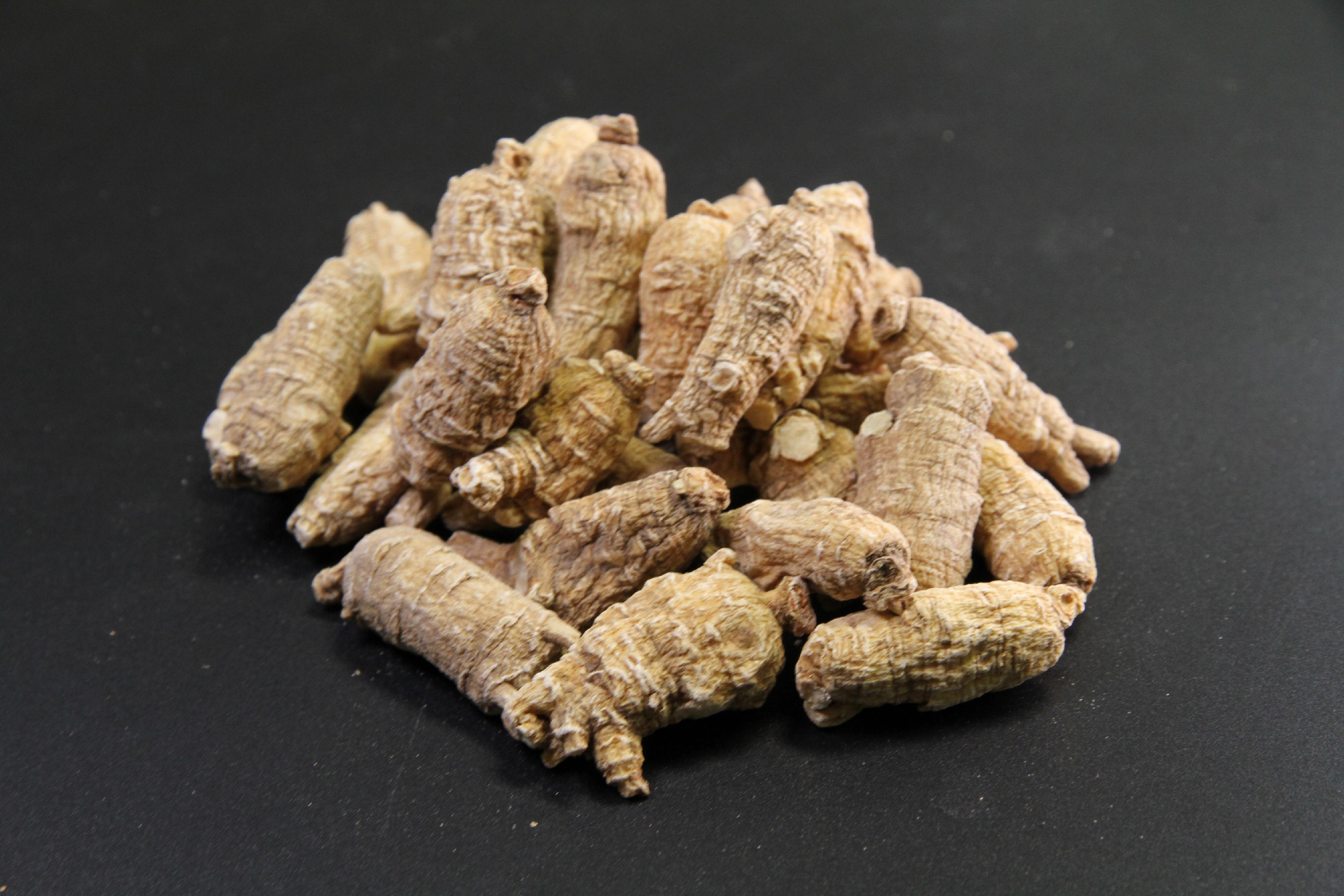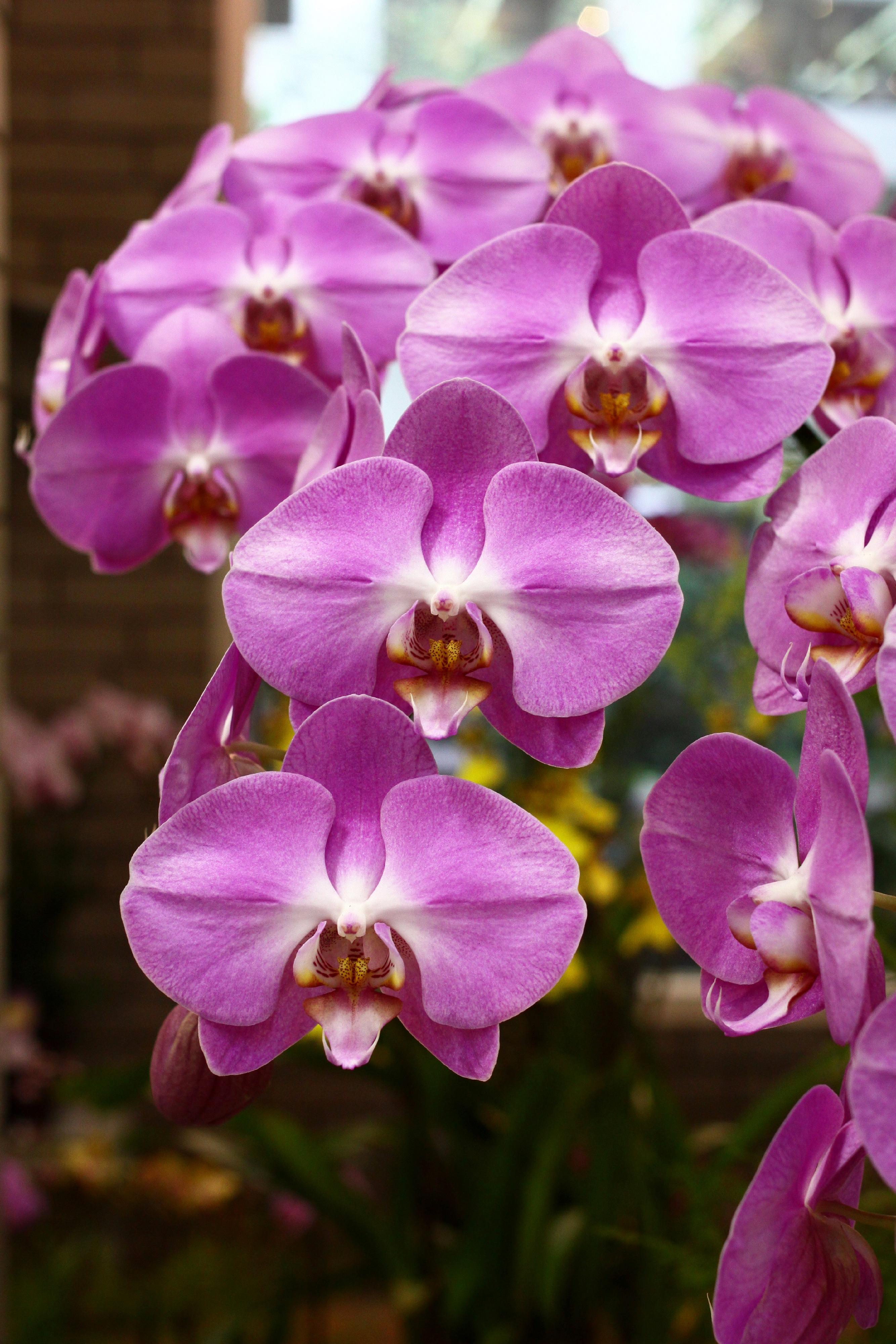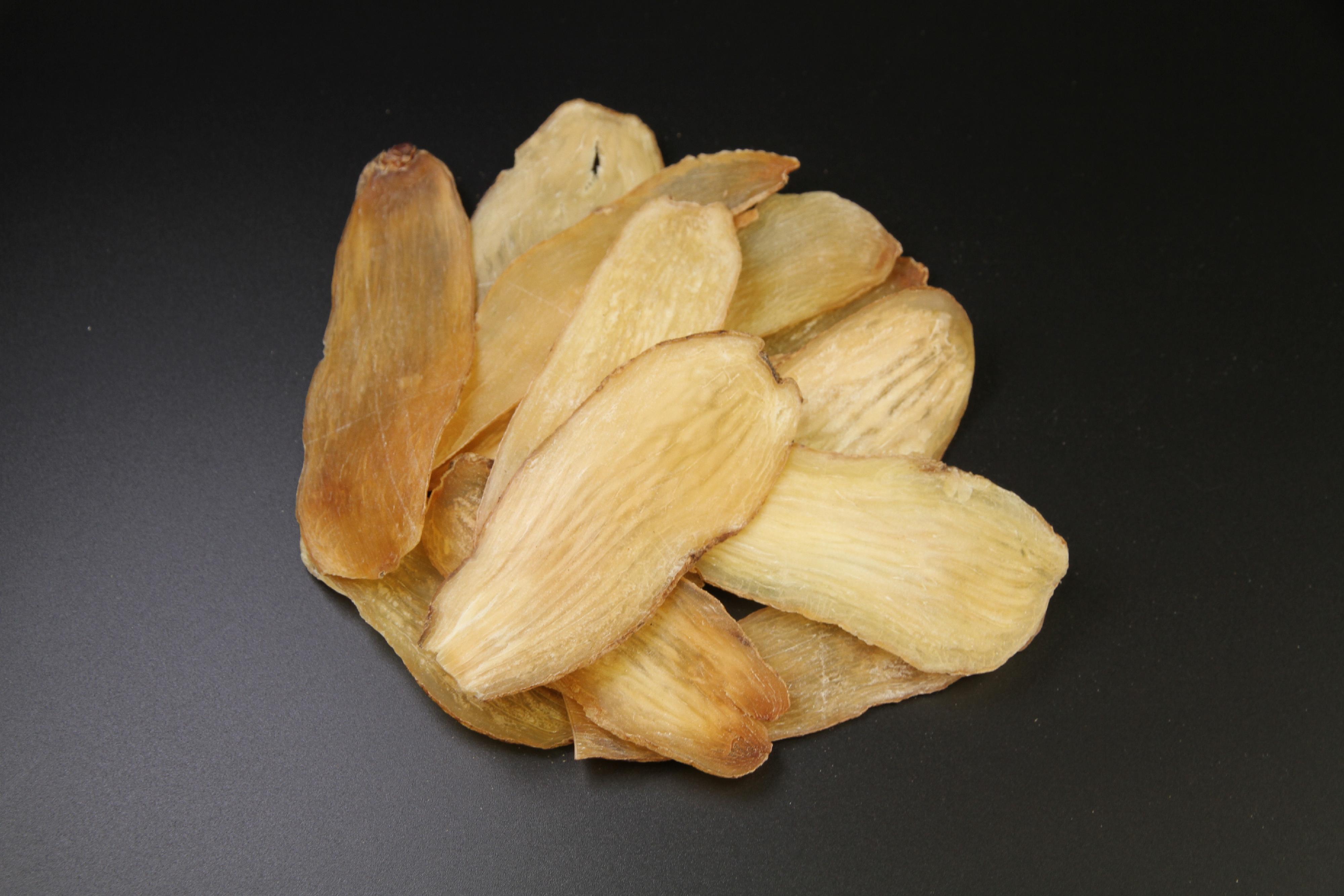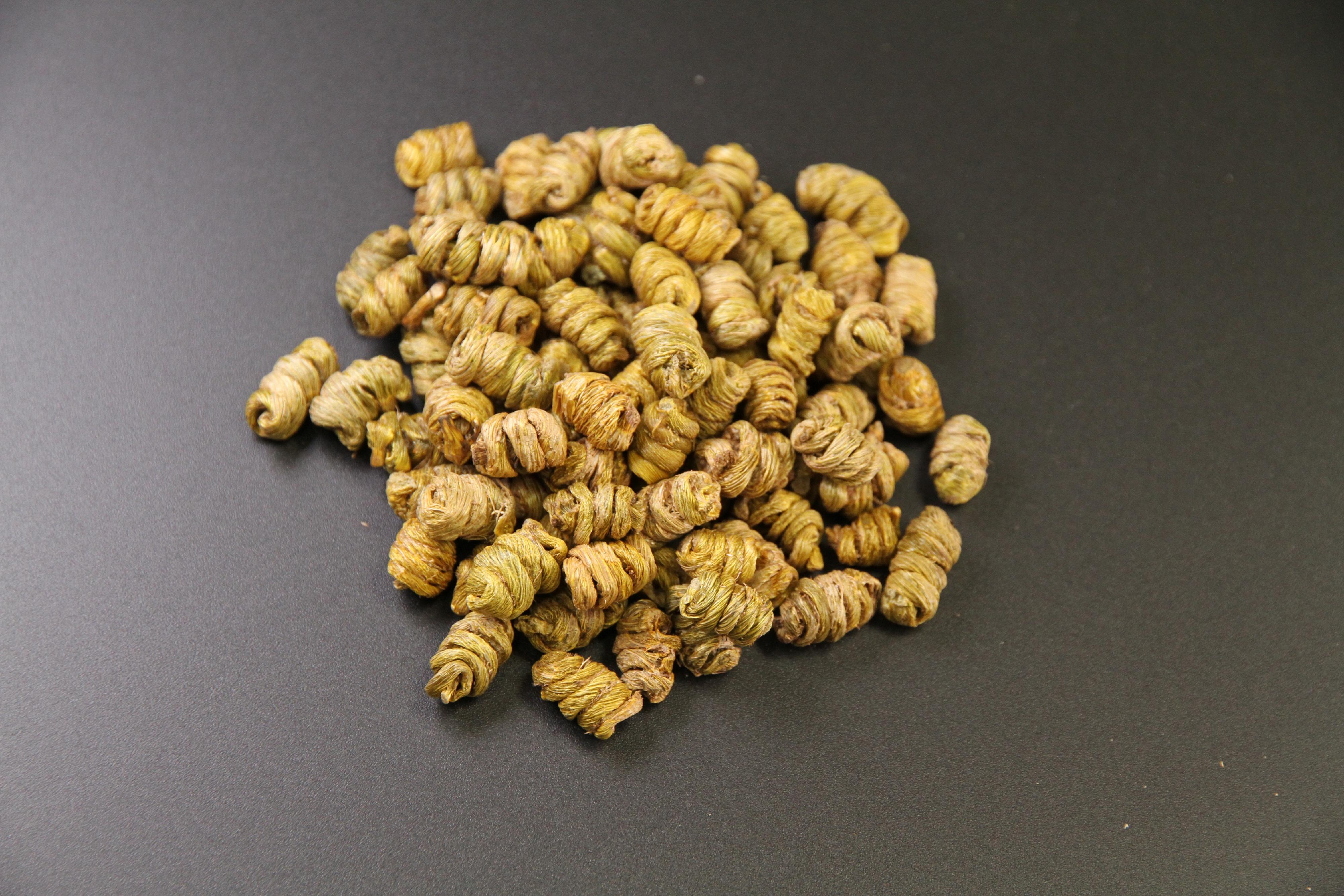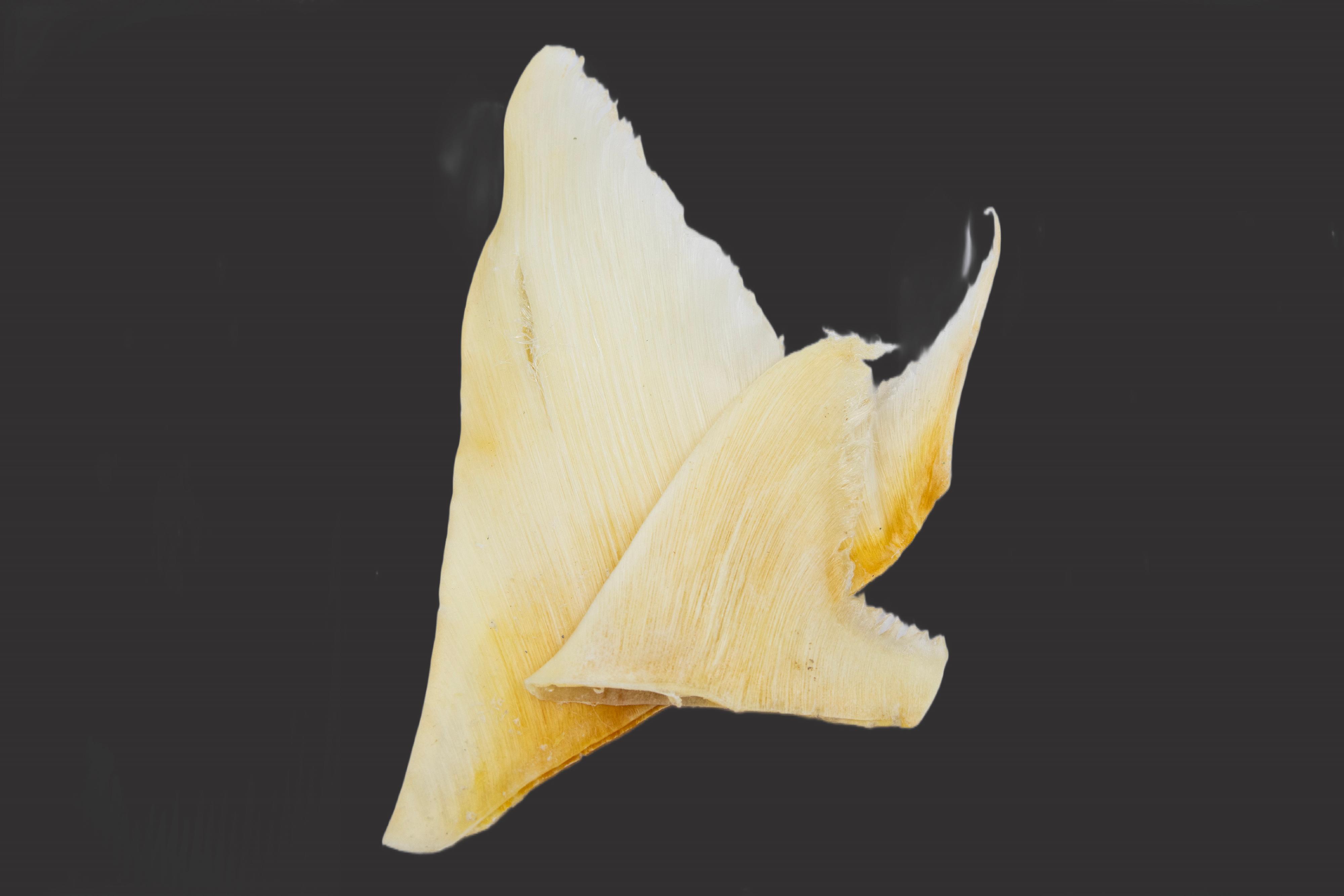Hong Kong Customs and AFCD remind public not to bring controlled articles into and out of Hong Kong illegally before Lunar New Year holidays
The Customs and Excise Department (C&ED) and the Agriculture, Fisheries and Conservation Department (AFCD) today (February 1) held a joint press conference to report on the preparation work for coping with the peak travel periods during the Lunar New Year holidays and remind members of the public not to bring prohibited and controlled items into and out of Hong Kong.
“With the approach of the Lunar New Year, it is expected that many members of the public and travellers will enter or leave Hong Kong through various control points during the holidays. To prepare for the arrival of visitors and cater for the commuting needs of Hong Kong citizens during the Lunar New Year, the C&ED will flexibly deploy manpower with a view to ensuring smooth operation and strengthened passenger clearance at each control point, including provision of round-the-clock Customs clearance service at the Shenzhen Bay Control Point from February 9 to 13 and extending the passenger clearance service at the Lo Wu Control Point on February 9 and 11 to 2am the next day. The C&ED will maintain close liaison with the Mainland Customs and Macao Customs to share the latest real-time situation of each control point, so that necessary co-ordination and arrangements could be made. Also, the Inter-departmental Joint Command Centre, composed of Customs, the Hong Kong Police Force, the Immigration Department and other departments, will be activated during the Lunar New Year holidays to monitor the situation at each land control point and take contingency actions where necessary,” the Head of Cross-boundary Bridge Command of Customs, Mr Kenneth Chu, said at the press conference.
“Envisaging that many members of the public may do festive shopping across the boundary around the Lunar New Year, the C&ED reminds them to pay attention to relevant import and export requirements to avoid bringing in prohibited and controlled items unknowingly and the possible prosecution entailed. This January, the C&ED uncovered 97 cases related to endangered species, with seizures including American ginseng, orchids and dried seahorse. All cases have been handed over to the AFCD for follow-up actions,” he added.
Endangered Species Protection Officer of the AFCD Dr Jenny Lau introduced the commonly seized regulated species at the press conference and said, “As some plant and animal species are facing the threat of extinction due to over-exploitation, the import and export of such species are regulated under the Convention on International Trade in Endangered Species of Wild Fauna and Flora. Under the Protection of Endangered Species of Animals and Plants Ordinance (Cap. 586), the import, export, re-export or possession of endangered animals and plants, including their parts and/or derivatives, are subject to control under a licensing system.”
Dr Lau also noted that more than 400 cases involving endangered species were made in 2023. The specimens involved include American ginseng, orchids (including artificially propagated species such as moth orchid), gastrodia, dendrobium, dried seahorses and scheduled shark species (including shark fins). As the Chinese New Year holidays are approaching, members of the public should pay attention to whether the plant and animal products they intend to buy from places outside Hong Kong are endangered species. As it might not be easy to identify whether those products are originated from endangered species, members of the public are advised not to buy such items if they cannot ascertain whether the items are subject to control.
The AFCD reminded members of the public that any person who contravenes the Protection of Endangered Species of Animals and Plants Ordinance commits an offence and is liable to a maximum fine of $10 million and imprisonment for 10 years upon conviction with the specimens forfeited. For information on endangered species, please call 1823 or visit www.cites.hk.
Members of the public are also reminded not to bring manufactured fireworks into Hong Kong. Under the Dangerous Goods Ordinance, any person who conveys such items without a valid licence commits an offence, and offenders are liable to prosecution. In addition, according to the Imported Game, Meat, Poultry and Eggs Regulations, any person who imports game, meat, poultry or eggs needs to hold a valid permission issued by the Food and Environmental Hygiene Department. Rice is the only reserved commodity under the Reserved Commodities (Control of Imports, Exports and Reserve Stocks) Regulations (Cap. 296A). Licences for rice imported for local consumption are issued only to companies registered with the Trade and Industry Department as stockholders. No licence is required for the import of rice carried in the personal baggage of a person for personal consumption or as gifts, in an amount not exceeding 15 kilograms. Members of the public are urged not to involve in such illegal activities.
Regarding alternative smoking products, starting from April 30, 2022, any person who imports, promotes, manufactures, sells or possesses for commercial purposes alternative smoking products, including electronic cigarette products, heated tobacco products, herbal cigarettes and any related devices, parts and accessories, commits an offence. Since February 1, 2023, cannabidiol (CBD) is classified as dangerous drugs. Importation of products (including food or drinks) containing CBD into Hong Kong is prohibited unless the relevant provisions in the Dangerous Drugs Ordinance are complied with. To avoid breaching the law inadvertently, members of the public should pay special attention to the packaging labels of those products.
With the successful launch of the Northbound Travel for Hong Kong Vehicles scheme on July 1, 2023, Hong Kong residents who have successfully enrolled can travel to the Mainland during the Lunar New Year holidays by driving via the Hong Kong-Zhuhai-Macao Bridge (HZMB). The C&ED has prepared designated promotional videos and leaflets (www.customs.gov.hk/hcms/filemanager/tc/content_308/QFA_Clearance_Guideline.pdf) to introduce the Customs clearance routes, procedures and points to note for private cars travelling outbound and inbound via the HZMB Hong Kong Port, which are available for the public on the C&ED homepage and YouTube channel. The C&ED reminded drivers to pay attention to the instructions given by Customs officers at the land control points, and inbound drivers are not entitled to the duty-free concessions. Drivers carrying any quantity of tobacco products or alcoholic liquor with an alcoholic strength above 30 per cent are required to make declaration to Customs officers.
During the Lunar New Year holidays, Customs will further step up the promotion and education effort by distributing the Smart Guide to Passenger Clearance (www.customs.gov.hk/hcms/filemanager/en/content_185/Smart_Guide_to_Passenger_Clearance_E.pdf) at boundary control points to remind members of the public and travellers about regulations of import and export controlled and prohibited items, as well as disseminating information they should be aware of when crossing the boundary via the Customs website and social media platform pages.
Members of the public may report any suspected smuggling activities to Customs’ 24-hour hotline 2545 6182 or its dedicated crime-reporting email account (crimereport@customs.gov.hk) or online form (eform.cefs.gov.hk/form/ced002). read more


